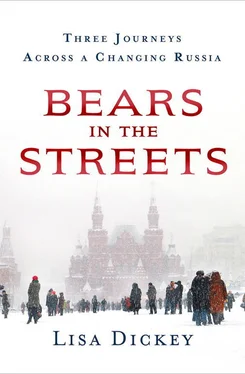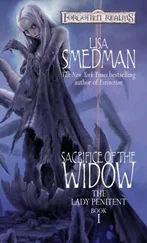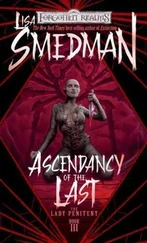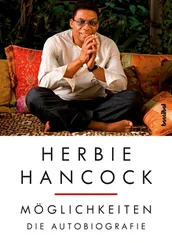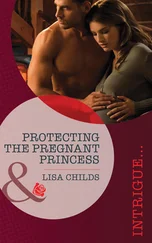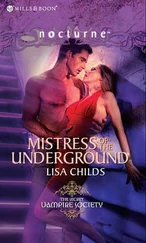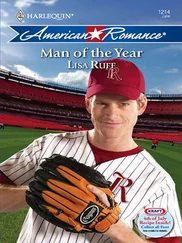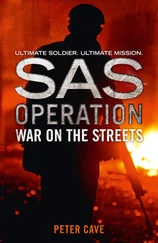But the man dragged himself over to a sink in the corner and suddenly started drinking straight from the cistern, in great gulps. What happened next, I could hardly bear to watch. He started convulsing, screaming, and vomiting, the water coming right back out of him. He died right there, by the sink. After that day, I never worked again at the hospital.
It was a horrible, horrible time. Everywhere, people were dying of hunger and cold. You would walk down the street and hear a child crying, because his mother had just dropped dead beside him. Whole families died.
In Levashovo, there was a warehouse that we used to make into a dance hall for the young people during the summer. That winter, we used it as a morgue. People just dragged their dead loved ones and left them there. And the worst thing of all, sometimes people would find bodies there with parts cut out of them. Cheeks, or thighs… People cut out human meat to sell at the markets, or to feed themselves.
Though these events had taken place a half century earlier, it was clear from Lia’s expression that the memories remained painfully vivid. I’d read about the horrors of the blockade, but hearing about them from a woman who’d witnessed them firsthand was chilling.
Lia was next called into service as a radio operator, working with the brave souls who flew over Leningrad in dirigibles to report the movements of Nazi troops. One of those flyers, a young man named Anatoly Shalyopa, became her husband in December 1944, after the blockade had been lifted from Leningrad, but before the end of the war.
At the memory of May 9, 1945—the day of Germany’s surrender—Lia’s eyes lit up.
I was up at the university. There was a whole crowd of people there. We all knew the announcement was going to come, and we all were just waiting, ready to burst with joy. We waited and waited, and finally the announcement came. Everyone was crying and cheering, kissing and hugging, even people who didn’t know each other.
You have to understand what we had been through. You have to understand the suffering that the people of this city endured, to understand the feeling that we had on that day. There have been only two days like that in my entire life. The first was Victory Day, and the second was the day my son was born.
The war was finally over. Lia’s father had been freed from prison, and the family was, miraculously, alive and intact. But Lia’s marriage didn’t last long, as the union forged between her and Anatoly Shalyopa in the bonds of war soon proved untenable in everyday life. She left her husband shortly after the birth of Gennady, her only child, in 1946.
Lia finished her studies at Leningrad State University in 1948, and in 1950 she was invited to serve as a history lecturer at a Soviet military institute in China. She accepted and was preparing to go when her father died. Naum Ilyich, who’d survived a revolution, two world wars, combat wounds, and years in prison, finally succumbed to heart failure at the age of 64.
After her father’s funeral, Lia left for China, taking little Gennady with her. “I enjoyed living in China,” she told me. “Relations between the USSR and China were relatively good at the time, and it was interesting to experience another culture.” Lia and her son lived in a compound with other Soviets, but they took every opportunity to explore Chinese culture during their four years there.
In 1953, while they were in China, Stalin died. “Everyone acted as though it was this great tragedy,” Lia told me. “But I was not sad. I knew too well what Stalin was.”
* * *
Thousands of miles away, back in Leningrad, an eight-year-old girl stood among her schoolmates as their teacher announced that Stalin had died. She watched with dry eyes as the teacher hung a portrait of the leader, while her fellow students sniffled and wept.
The girl’s name was Nina Gorelik, and in the late 1960s, she would marry Lia’s son Gennady. But on this day, she was still just a little girl—one who wasn’t sure what to make of all the fuss upon the death of the Soviet leader.
“My grandmother always hated Stalin,” she told me.
She called him the anti-Christ. But my mother and father loved him. When they would broadcast one of Stalin’s speeches on the radio, my father would say to my sister and me, “Come listen, children! You may never get a chance to meet Comrade Stalin, but you need to listen when he speaks.” My sister and I were never quite sure what to think.
Grandmother wasn’t afraid to criticize Stalin, but she always said to us, “Walls have ears. If you repeat what I tell you, they’ll take you away and you’ll never see your family or your home again.” The whole time I was growing up, I had this vision of walls being gigantic ears.
In 1954, Nina’s family moved to Tallinn, Estonia, when the army stationed her father there. Though Soviet slogans trumpeted the “brotherhood of nations” and “friendship between peoples” of the USSR, Nina found the Estonians, whose country Stalin had annexed less than 15 years earlier, antagonistic toward Russians.
“Russians and Estonians went to separate schools,” she recalled, “and we always made sure not to walk by the Estonian school, because the kids would taunt us and try to start fights. Before we moved to Tallinn, I didn’t even know what another nationality was. But I found out quickly enough that I was different from the Estonian kids.
“I always felt like a second-class citizen in Estonia, and made up my mind during that time that I would never live anywhere but Russia again. We lived there more than ten years, but it never felt like home.”
In 1956, Soviet leader Nikita Khrushchev made his “secret speech” to the Twentieth Party Congress, boldly denouncing Stalin and his reign of terror. The period that followed came to be known as the “thaw,” as thousands of political prisoners were released, and the atmosphere in Russia became slightly more open.
“There was a different feeling in the air,” said Nina. “Students started coming to the USSR from Africa and the Arab states, and people felt more free to talk openly.” But even with this thaw, old habits of fear and secrecy remained. Although Nina’s parents both professed belief in God, they were afraid to go to the Russian Orthodox church in Tallinn. Even so, Nina went occasionally with her grandmother. “She used to say, ‘Let them shoot me, but I will have icons in my house,’” said Nina, who now had a row of icons in her own home.
One day in 1961, when Nina was in her ninth-grade math class, the teacher was called out of the room. When she returned, her eyes were bright with excitement. “Children!” she announced with pride, “Man is in space!” Soviet cosmonaut Yuri Gagarin had orbited the earth in the first-ever manned space flight.
“I was so proud,” Nina recalled. “I was the kind of child who cried whenever Soviet athletes won international awards and our flag was raised. I loved my country so much! So when the first man in space was a Soviet man, it made the achievement that much better.”
Yet the idealistic young Komsomolka got a dose of cynicism when she went to her first open Communist Party meeting. “I was so nervous. I thought it would be this monumental gathering, where people discussed ideas and really did the work of the Party. But when I got there, nobody was paying attention; people were milling about, reading, playing chess. It was farcical.
“I knew from that time that there was nothing to strive for in the Communist system,” she concluded. “If that was what Party meetings were about, there was no reason to want to belong.”
As Nina grew older, her cynicism deepened. When applying for admittance to the Leningrad Medical Institute, she wrote as her essay a scathing indictment of Soviet slogans. Thanks to her childhood experiences in Estonia, she viewed them as mindless and hypocritical.
Читать дальше
